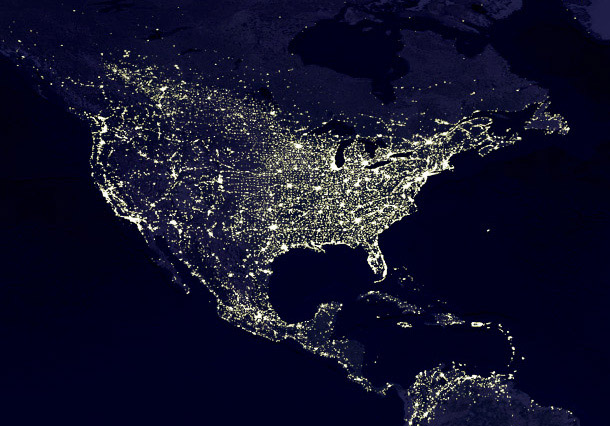The United States and Western democracies as a whole are increasingly minor players among global carbon dioxide emitters, U.S. EPA data show. Without dramatic emissions reductions in China, India, and other developing nations, dramatic reductions in the United States, Western Europe, and Japan will have little impact on global carbon dioxide emissions.
According to EPA data (https://www.epa.gov/ghgemissions/global-greenhouse-gas-emissions-data), the United States, Western Europe, and Japan account for a cumulative 28% of global carbon dioxide emissions. China alone accounts for 30%, India accounts for 7%, and the rest of the world cumulatively accounts for 35%.
The share of global emissions from the United States and Western democracies is expected to decline significantly in the foreseeable future, as U.S. and Western emissions remain relatively flat while emissions from the rest of the world rise substantially. According to projections by the Organization for Economic Cooperation and Development (OECD)(http://www.oecd.org/env/cc/Outlook%20to%202050_Climate%20Change%20Chapter_HIGLIGHTS-FINA-8pager-UPDATED%20NOV2012.pdf), even a complete elimination of carbon dioxide emissions by the United States and Western democracies would have little impact on global emissions. By 2050, emissions growth in the rest of the world would nullify a complete elimination of emissions by the United States, Western Europe, and Japan.
Since the turn of the century, the United States has reduced carbon dioxide emissions more than any country in the world (https://www.forbes.com/sites/rrapier/2017/10/24/yes-the-u-s-leads-all-countries-in-reducing-carbon-emissions/#9f95c8035355). Foreign leaders who point their fingers at the United States for not signing the Paris climate treaty should get their own houses in order before attacking the nation leading the world in reducing carbon dioxide emissions.
